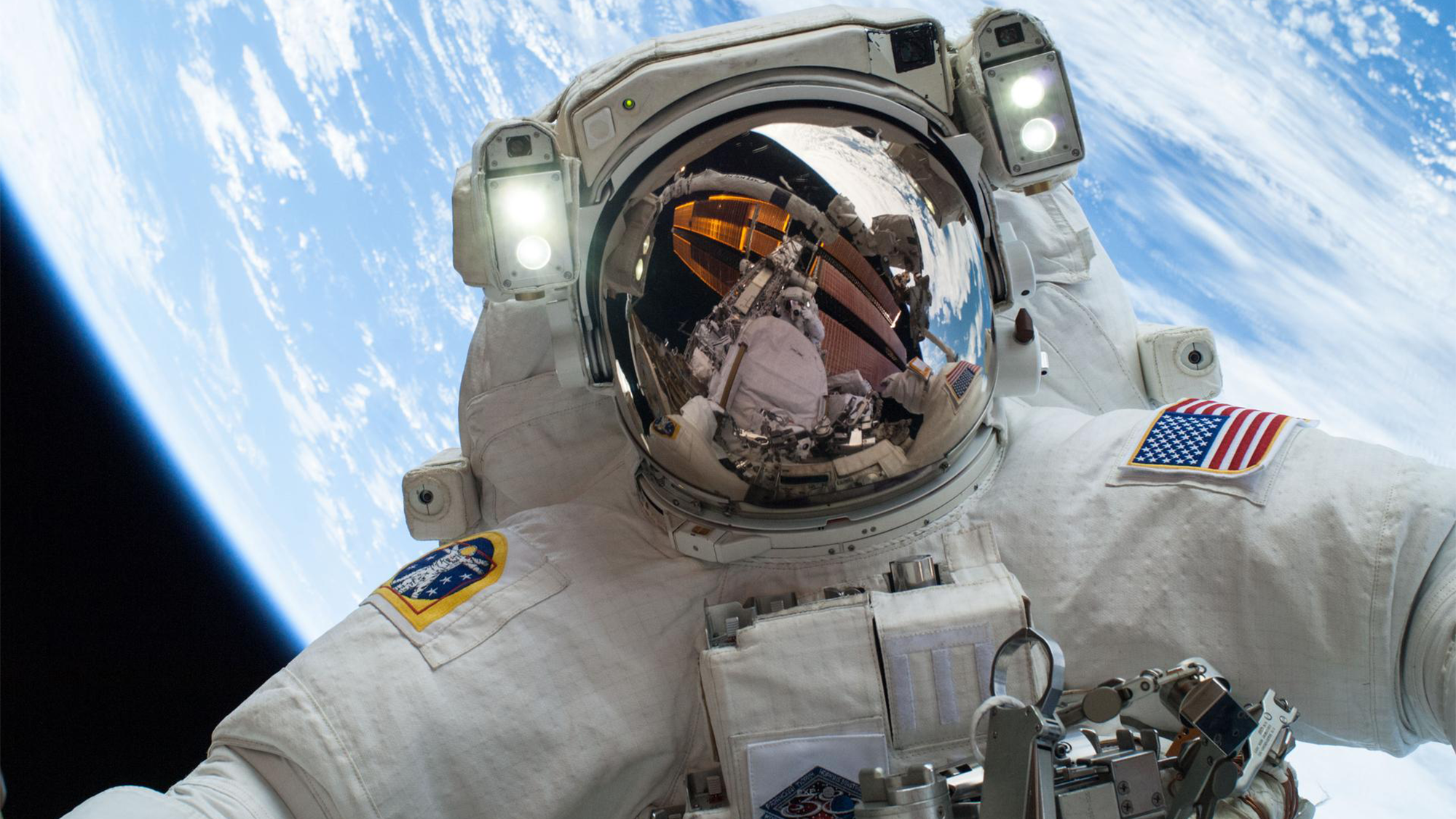

Extended time in space is not exactly harmless to the human body. Radiation, altered gravity, sleep loss, can all take their toll on astronauts. Some are even hospitalized upon their return to Earth. Minor mistakes in space can have devastating consequences, so it is important to know how these stresses can impact an astronaut’s cognitive performance.
A new study published November 20 in the journal Frontiers in Physiology followed 25 astronauts in Low Earth orbit aboard the International Space Station (ISS). A team from NASA tested a wide range of cognitive tasks to investigate how these challenges impact cognitive performance and, fortunately, did not see much of an impact. However, their responses were still a bit slower than they would have been on Earth
“We show that there is no evidence of any significant cognitive impairment or neurodegenerative decline in astronauts spending six months on the ISS,” Sheena Dev, a study co-author and clinical neuropsychologist at NASA’s Behavioral Health and Performance Laboratory said in a statement. “Living and working in space was not associated with widespread cognitive impairment that would be suggestive of significant brain damage.”
In the new study, the astronauts underwent a series of tests. In each test, the researchers measured their speed and accuracy at five points in time: pre-mission, early flight, late flight, ten days after landing, and 30 days after landing.
The astronauts’ responses to the tests that assessed their processing speed, working memory, and attention were slower than they were on Earth. However, they were no less accurate and did not last.
“Slowed performance on attention, for example, was only observed early during the mission while slowed performance on processing speed did not return to baseline levels until after the mission ended and crew were back on Earth,” said Dev.
Their cognitive performance was stable overall. The team also did not find any evidence that suggests damage to the central nervous system during a six-month space mission.
According to the team, some cognitive domains were more susceptible to be impacted than others.
“Even on Earth, processing speed, working memory, and attention are cognitive domains that can show temporary changes when an individual is under stress. Other domains, such as memory, are less vulnerable to stressors,” said Dev. “For example, if you happen to have a really busy day but couldn’t get much sleep the night before, you might feel like it’s hard to pay attention or that you need more time to complete tasks.”
While astronauts are also exposed to these stressors, the added pressures that are unique to space flight can also take their toll.
“We found that the most vulnerable domains while astronauts are aboard the ISS are the same as those that are more susceptible to stressors on Earth,” Dev said.
[Related: Astronauts and aquanauts: What does the sea have to do with space?]
Work like this can help space agencies better understand which changes in cognitive performance are the most likely when humans travel in extreme environments. However, the study did not show why these changes happen and did not assess whether the astronauts’ operational performance suffered.
“It could be that even in areas with observed declines, astronauts were still able to compensate and effectively complete their tasks,” Dev said.
When and if future astronauts begin to travel deeper into space towards places like Mars, this data from the low Earth orbit could help provide a baseline to detect cognitive changes brought about by increased radiation exposure and extended communication delays. NASA plans to send humans to Mars sometime in the 2030s.
